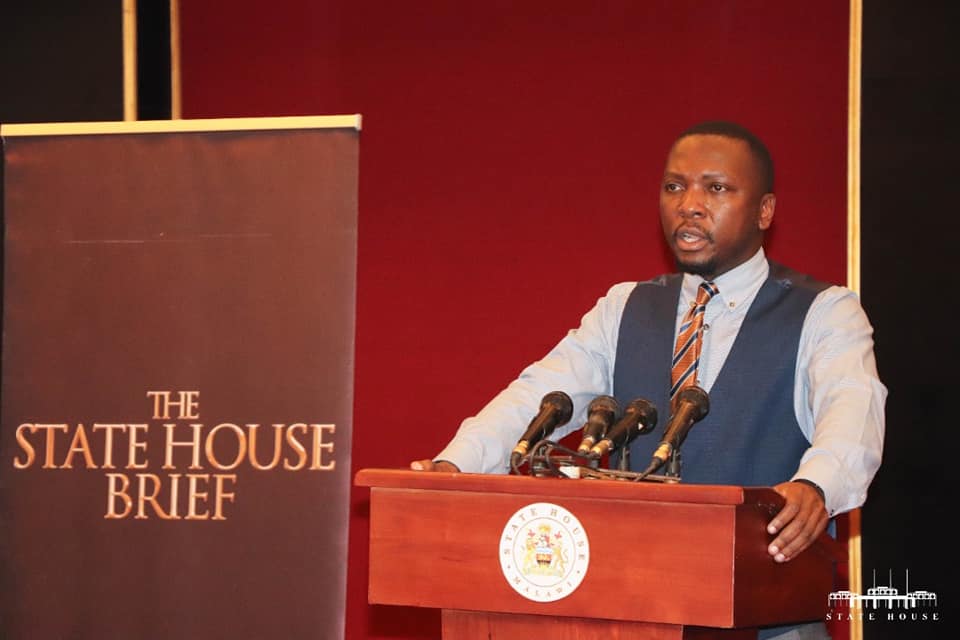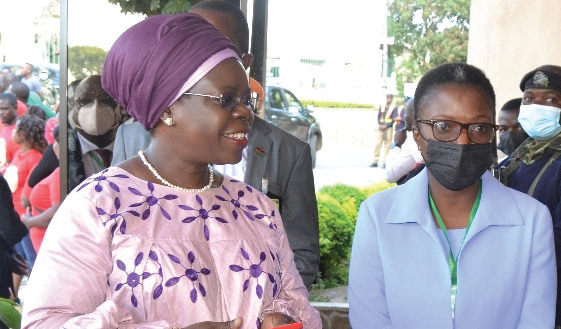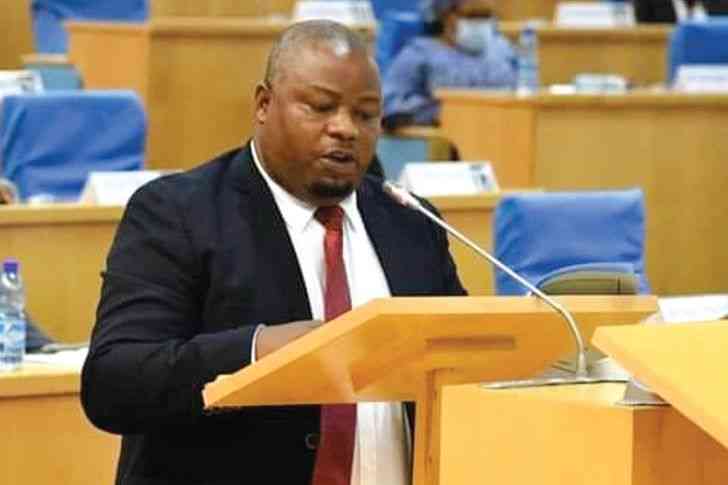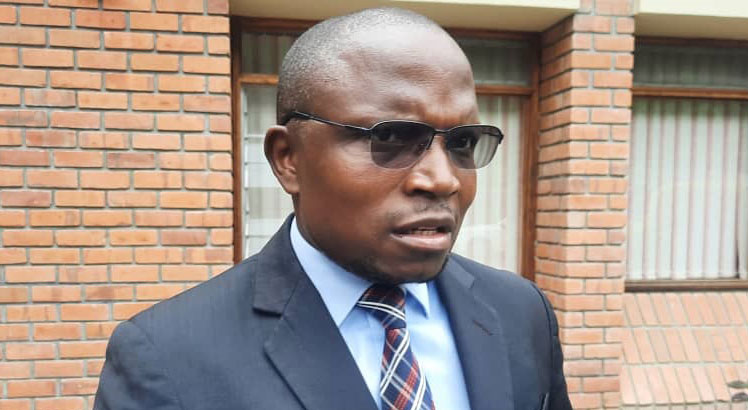SPC spin backfires
What was meant to be a clarification from State House on the role of Secretary to the President and Cabinet (SPC) Colleen Zamba in the interdiction of Anti-Corruption Bureau (ACB) director general Martha Chizuma has backfired, with legal and political minds laughing off the attempt.
During a State House Quarterly Briefing at Kamuzu Palace in Lilongwe on Wednesday, State House director of communication Sean Kampondeni implied that President Lazarus Chakwera had not been informed of Chizuma’s suspension that was based on purported criminal charges arising from a leaked audio conversation in which she allegedly disparaged some public officials.

He also said the SPC acted in her capacity as head of the public service and used the Malawi Public Service Regulations to suspend Chizuma before the High Court overturned the decision.
But legal and political experts have laughed off the justification, observing that the law does not provide for such action as it rests with the President.
Responding to a question on whether President Chakwera delegated or endorsed Zamba’s decision, Kampondeni, who is also the President’s executive assistant, said Zamba did not act in her capacity as SPC.
He said: “Apart from being SPC, Ms Zamba is head of the public service. The interdiction letter issued to Ms Chizuma had nothing to do with her work as SPC. That came from her office as head of public service. These are different offices.

“Ms Chizuma, like myself, are public servants, I have a contract to serve Malawians. All those contracts stipulate that our work will be guided by Malawi Public Service Regulations.”
However, Zamba signed Chizuma’s interdiction letter dated January 31 2023 with her designation as “Secretary to the President and Cabinet”.
And in an interview on Wednesday, University of Malawi (Unima) law professor Garton Kamchedzera said State House was simply trying to cleverly reclaim public trust.
Kamchedzera said the Public Service Act only recognised the Secretary to Cabinet, not in the office holder’s capacity as SPC, which Zamba used to sign the interdiction order.
Kamchedzera said: “Under Section 17 of that Act, the powers available are not to take micro decisions like interdiction, but simply to formulate, direct and coordinate national policy on matters related to the public service, including discipline, not the holder of the office invoking disciplinary measures.
“Other people are supposed to invoke that and the Constitution has vested that in the President. Her [Zamba’s] role is to operate at directional level. They are just trying to be too clever for nothing without realising that they are eroding public trust further by so doing.”
He said he would give the President the benefit of the doubt that he might have been misled on the matter by advisers, a scenario that could also imply some people were assuming the powers of the President.
Kamchedzera said: “If that is their explanation, the letter should clearly have carried Zamba as head of civil service or Secretary to Cabinet, not SPC. For institutions that are set by law to have independence it has to be respected, even by the head of public service.
“You can draw some similarities from the [former SPC] Lloyd Muhara case who wanted to police the Judiciary. In the same way, you can’t police the ACB, which is independent.”
Section 17 of the Public Ser vice Act shows that Secretary to the Cabinet, as head of the public service, shall be responsible for the overall management and administration of the public service and without restriction on the generality of the foregoing.
Unima associate professor of political science Boniface Dulani said based on the legal terms of appointment, the President was supposed to be informed about the interdiction.
He cited Section 6 (3) of the Corrupt Practices Act (CAP) which stipulates that the President may suspend the Director General from exercising the duties of that office pending investigations.
Dulani said: “Whether the President was informed is neither here nor there, but the law does not require the SPC to take such action unless if that is done on behalf of the President. Chakwera should have taken Zamba to task for exercising power that she does not have.”
M a l a w i L a w S o c i e t y president Patrick Mpaka is on record as having said that due to the need for independence of the office of the ACB director general, the law provides that the power to suspend or remove the ACB chief lies with the President and can only be done where the reason is desirable in the public interest to do so.





